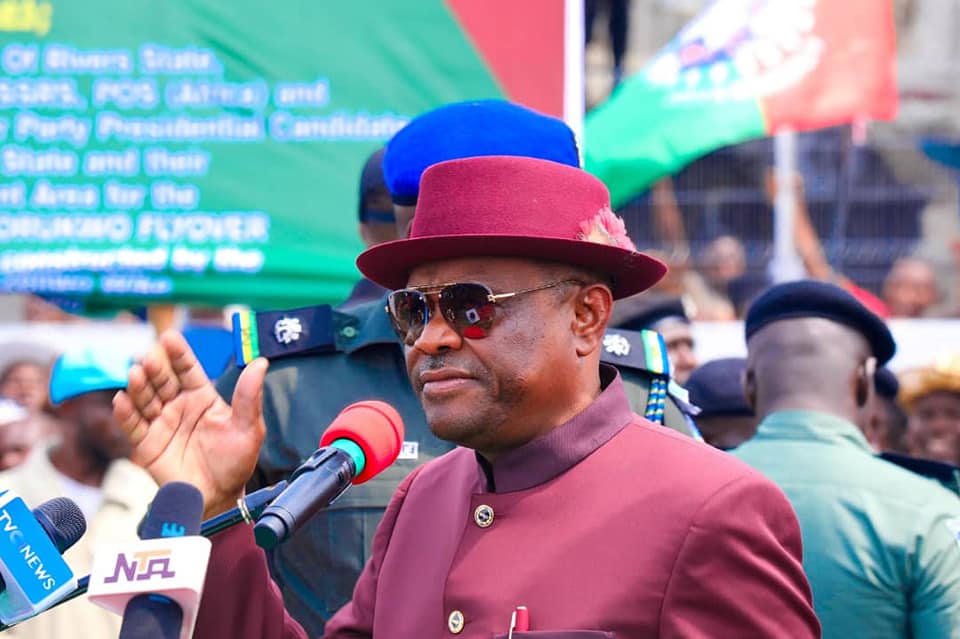ABUJA, Nigeria — Minister of the Federal Capital Territory (FCT), Nyesom Wike, has announced a 19-day programme of inaugurations for completed infrastructure projects across Abuja, scheduled to begin on Tuesday, June 10, 2025 as part of celebrations marking President Bola Tinubu’s second anniversary in office.
The announcement was made in a statement on Tuesday, May 20, 2025, by Lere Olayinka, spokesperson for the Minister.
Among the high-profile projects slated for commissioning are the newly renovated Abuja International Conference Centre (AICC), major transportation hubs including the Kugbo and Mabushi bus terminals, and several critical roads such as the Apo-Wassa Road and the N16 Interchange.
Other key projects include: Road links connecting Maitama through Katampe to Jahi; The inner northern expressway from Ring Road 3 (Idu to Kubwa Road); CN8 road from N5 (Obafemi Awolowo Way) to the Court of Appeal; The N20 flyover on the Onnex-Kubwa Road; and Life Camp junction access road to Ring Road III.
In addition to major urban projects, the FCTA will inaugurate key access roads in outlying areas aimed at improving connectivity and easing commuter traffic.
These include the Kabusa-Takushara and Kabusa-Ketti access roads, an access road in Giri District, a 15-kilometre road from the A2 Junction of the Abuja-Lokoja Road to Pai in Kwali Area Council, and newly constructed roads in Ushafa, War College, and near the army checkpoint in Bwari Area Council.
The initiative reflects an expanded focus on regional integration and equitable infrastructure development across all six area councils in the capital territory.
In a parallel development, the FCT Executive Committee has approved a contract for the full upgrade of street lighting along the Nnamdi Azikiwe Expressway (Ring Road I), a major 14-kilometre, 10-lane thoroughfare stretching from Maitama to Gudu.
Richard Dauda, Acting Executive Secretary of the Federal Capital Development Authority (FCDA), said the current lighting system, installed nearly two decades ago, has become obsolete and insufficient for modern illumination standards.
“The upgrade will involve the installation of a hybrid lighting system, leveraging current technological advancements to ensure better visibility and improved security,” Dauda said.







